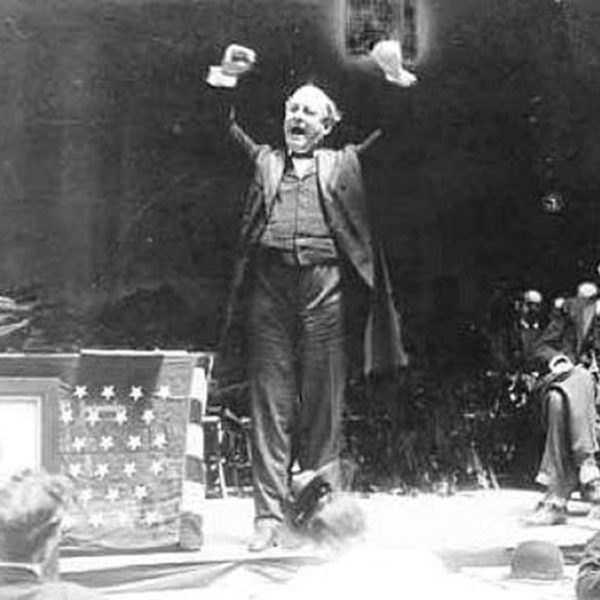
A competent sentinel must be vigilant, alert to and able to read the faintest signs upon a distant horizon, perceiving the most miniscule of details and discerning their greater import when they finally appear. In the opening chapters of both Matthew and Luke, we encounter a series of watchers and signs, presented in part as examples to the readers of the gospels in their own watching.

God who became one of us so inconspicuously is still walking among us, very quietly, making our lives special.
By Fritz Wendt









